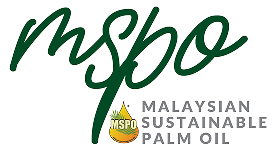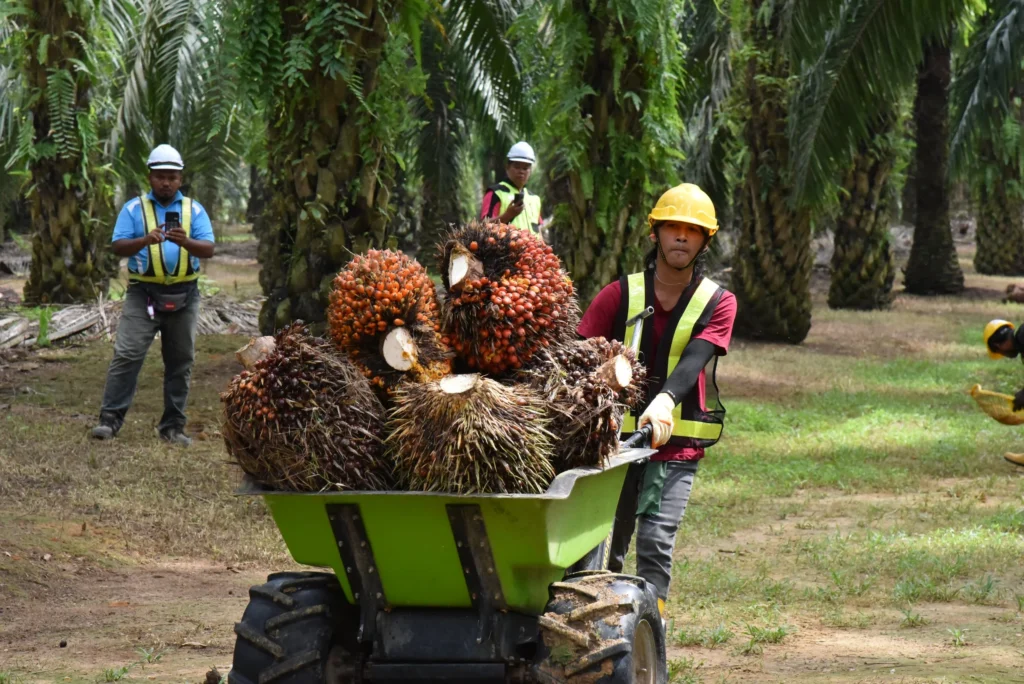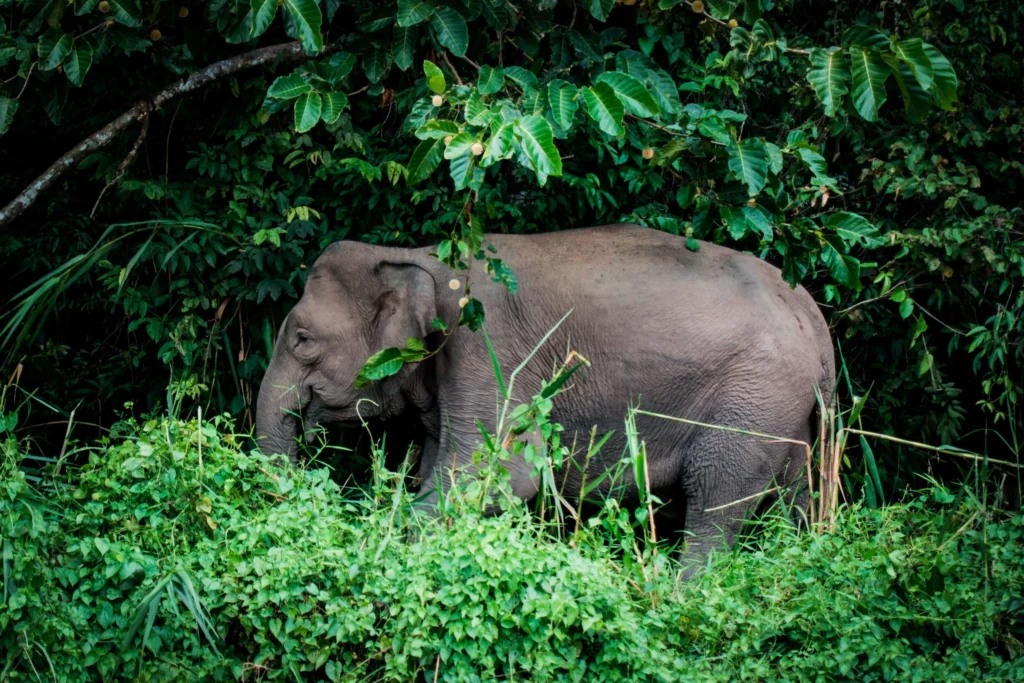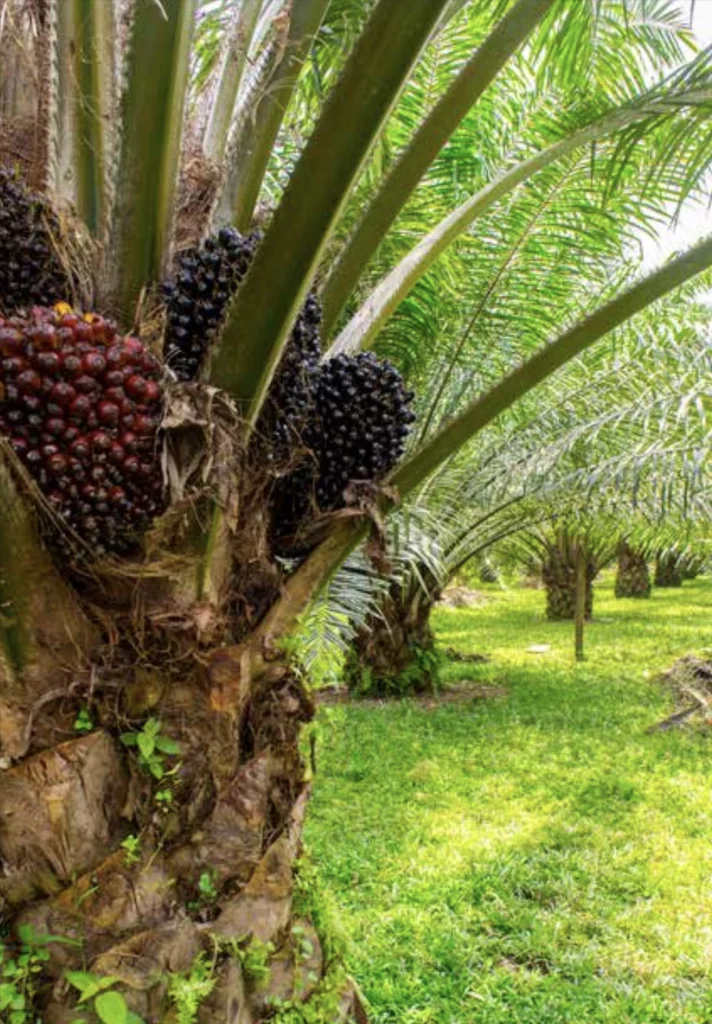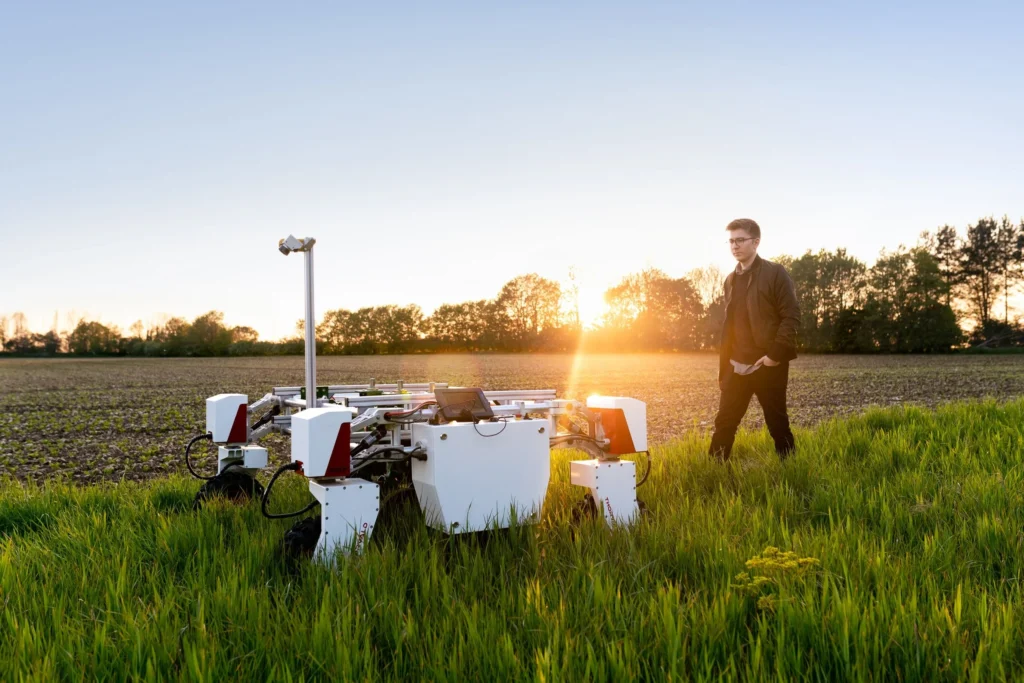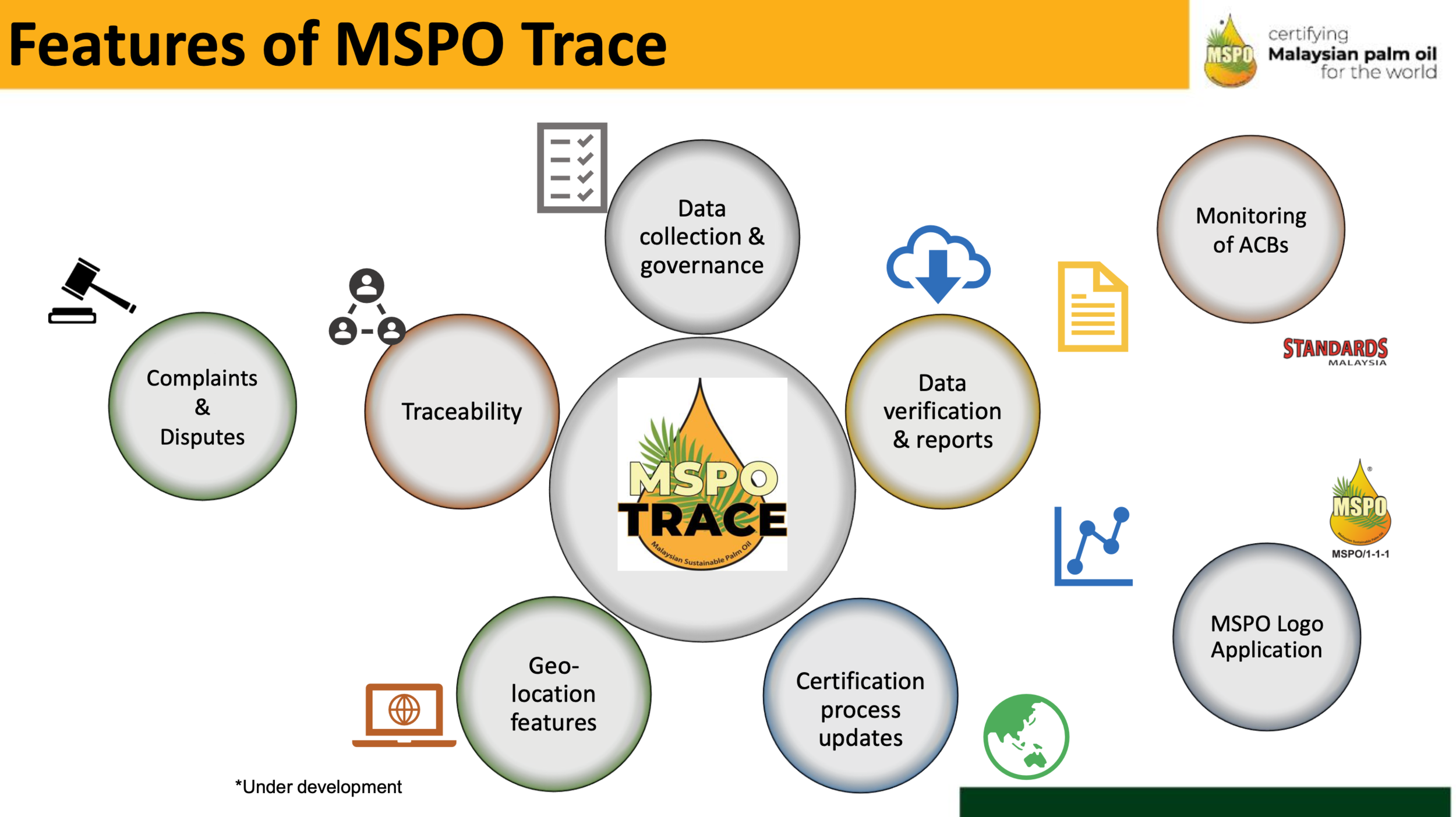
The world needs “a major breakthrough” to slow the pace of climate change and build resilience to protect the most vulnerable from increasingly severe and frequent climate impacts, the deputy UN chief
told a crucial high-level meeting
on Wednesday, looking ahead to November’s COP26.
-
Alarming Rate of Forest Loss Threatens a Crucial Climate Solution
-
Europe losing forest to harvesting at alarming rate, data suggests
According to a
new study from Boston University
, climate change is impacting forests from the northernmost regions of Siberia and Canada to the Amazon rainforest in Brazil.
Headlines like these are bound to dominate the news as the world enters a critical stage in fighting climate change. The International Energy Agency (IEA) published a landmark report urging nations to sharply reduce emissions from fossil fuels to
avert the most catastrophic effects
of climate change.
Inspired by the IEA report, environment ministers from the UK, the US, Canada, Japan, France, Italy and Germany took part in a virtual G7 meeting and agreed on
new steps against fossil fuels.
Curbing the threat against forests by fossil fuels will undoubtedly protect forests from their disastrous impact but the environmental impact of agriculture poses a threat that must be addressed as well.
According to the
Environmental Protection Agency of the US
:
“Human activities are responsible for almost all of the increase in greenhouse gases in the atmosphere over the last 150 years.1 The largest source of greenhouse gas emissions from human activities in the United States is from burning fossil fuels for electricity, heat, and transportation with greenhouse gas emissions from agriculture including livestock such as cows, agricultural soils, and rice production accounting for 10% of US carbon emissions.”
On a global level,
World Atlas
provides an accurate summary of the environmental impacts of agriculture from the use of pesticides and fertilisers to methane emissions from livestock. Deforestation is described as another way the environment is impacted by agriculture when forests are cleared for crops especially under slash-and-burn conditions.
Eliminating Deforestation from Supply Chains
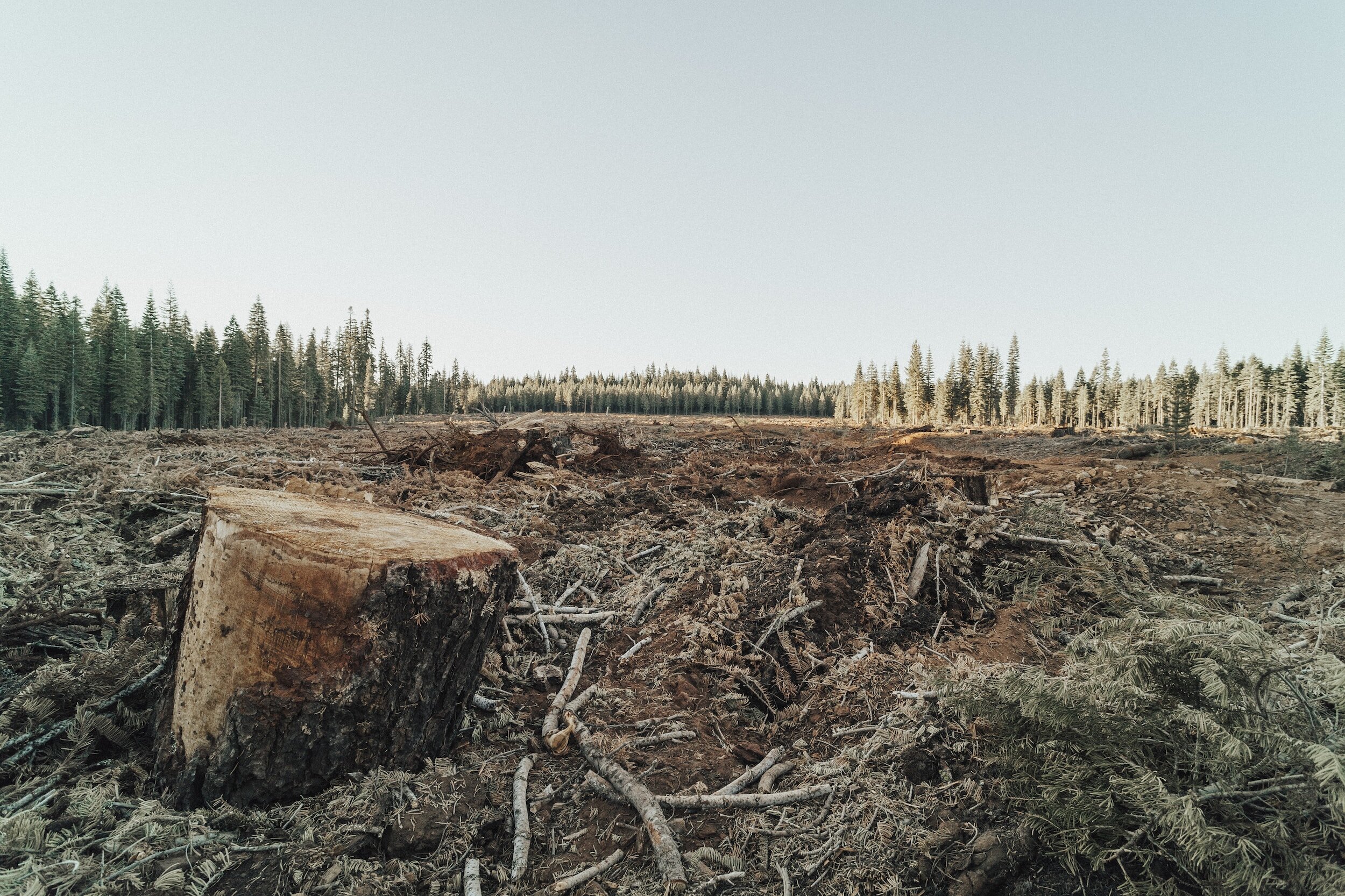
It should come as no surprise then to find out that “rising imports in wealthy countries of coffee, cocoa and other products are a “growing threat” to forests in tropical regions.” As reported by
the BBC
, the new study pin pointed fine details like how cocoa consumption in Germany poses the highest risk to forests in Cote D’Ivoire and Ghana while in Tanzania the demand for sesame seeds among Japanese consumers is a key driver.
A more troubling report on deforestation covered the findings of a
study on illegal deforestation
for commodities including cocoa, palm oil and soy from Latin America to West Africa and Southeast Asia.
These reports are not exactly news to the Malaysian government. The frequent criticisms against tropical commodities especially palm oil as a cause of deforestation had been noted and responded to by successive governments that Malaysian palm oil is produced sustainably. The new attention on all at-risk commodities including soy and cocoa provide strong justifications for Malaysia’s early investments in certifying its agricultural exports.
As the calls for sustainability grow stronger from the rich markets in the EU, UK and US, the latest addition to Malaysia’s certified products, the Malaysian Sustainable Palm Oil scheme welcomes the opportunity to show off its achievements.
The EU’s proposals to halt and reverse EU-driven deforestation can be
accessed here.
The UK’s plans to clamp down on illegal deforestation and make it illegal for larger businesses to use products unless they comply with local laws to protect natural areas can be
accessed here.
News coverage of the introduction of a new bill by US Democratic Senator Brian Schatz of Hawaii to stop the US import of goods from illegally deforested lands can be
accessed here
.
The Malaysian industry takes exception to Senator Schatz’s quote to CBS News that “most of that palm oil is from illegally deforested land” but does look forward to the proposal to create a standing advisory committee to track and monitor commodity sourcing so that Malaysia can prove that its palm oil is legal and sustainable.
Transparent and Accountable Palm Oil Supply
The major objective of the bill to create transparency in the supply chain of goods consumed by Americans is a nonissue for Malaysian palm oil. Having recognised early on that transparency and traceability are key to the credibility of a certification system, the Malaysian Sustainable Palm Oil scheme launched
MSPO Trace
in November 2019. Ease of access to MSPO Trace was elevated with the introduction of apps on
Apple Apps
and
Google Play
for android users.
This level of transparency maybe seen as a risk to the reputation of Malaysian palm oil as environmental groups continue to try and find fault with palm oil. In the opinion of the Malaysian palm oil industry, transparency and any potential risk of reputational harm is preferred over failure to disclose. According to the
CDP’s report from March 2021
, there is USD$53 billion at risk for deforestation. The report called out soy as a weak commodity in comparison to palm oil which has made progress towards sufficiently ambitious traceability/certification targets or have achieved them.
The Malaysian palm oil industry with the support of the government plans to make it even easier for commodities buyers to buy with confidence.
The federal government has committed to cap any palm oil expansion to a maximum of 6.5 million hectares from the current 5.9 million hectares. The expansion however, will be restricted to brownfields and degraded lands. This commitment has the support of state governments in Sarawak and Sabah which hold the most viable lands for any palm oil expansion.
This is a bold commitment to the sustainability of Malaysian palm oil and the protection of its biodiversity.
It goes without saying that the Malaysian palm oil industry as represented by the MSPO, finds enormous pride in creating a product that is peerless in the global trade for vegetable oils.
